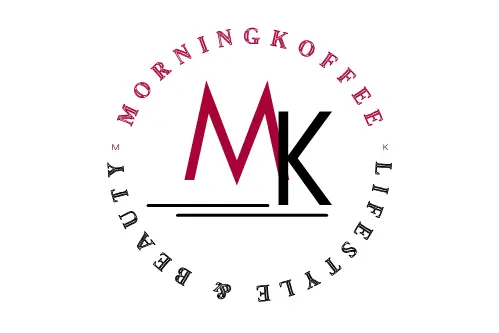Menstrual Hygiene: Essential Practices You Should Know During Period

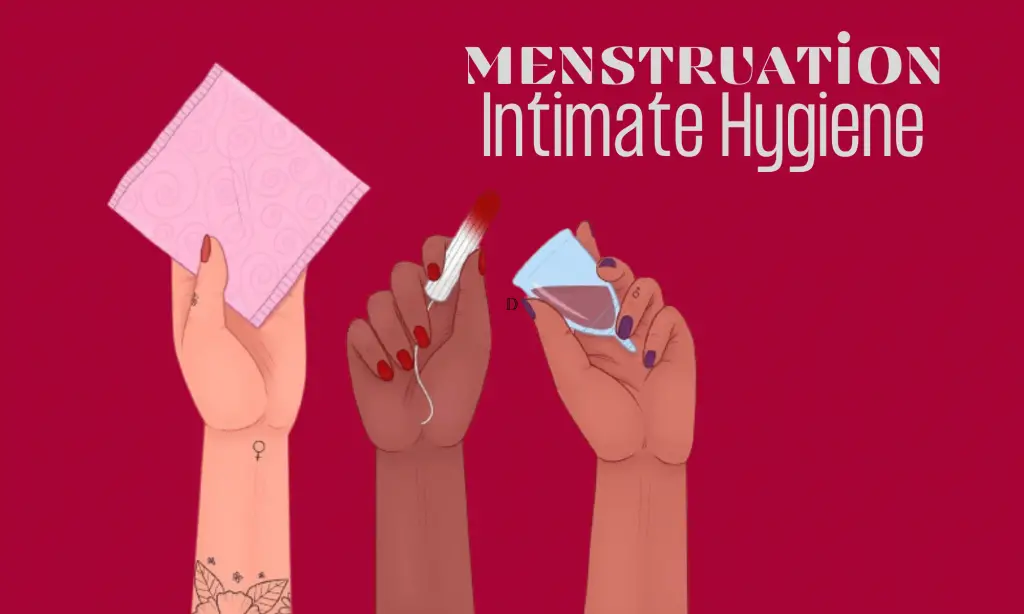
Talking about menstruation, like menstrual hygiene or hygiene practices during the period, is still causing strangeness and discomfort around girls.
It is because the menstrual cycle remains surrounded by taboos, doubts, and misinformation, like many other subjects involving the intimate region.
Self-knowledge, however, is fundamental to breaking down these barriers and preserving this health, which is an essential yet most delicate part of our body. Breaking the silence of menstruation is a critical action to claim the role of menstrual hygiene for health, the environment, or knowledge of one’s own body.
In addition to giving more understanding to the connection with female intimacy, comprehending the vaginal region and menstrual cycle helps us to recognize important changes in the body, which may – or may not – indicate some problem to be investigated with the gynecologist.
It is also essential to look at intimate hygiene during this period, which needs special care concerning washing and cleaning.
Actually, intimate hygiene during menstruation does not differ much from that performed on the other days of the female cycle.
However, it is worth strengthening the care at this stage. Since the risk of contracting infections is usually higher, caused by the blood expelled (a great place for bacteria to grow exponentially) and the opened-up mucus in the cervix that can facilitate certain batteries to enter the uterus and pelvic cavity.
The Importance of Menstrual Hygiene
Taking care of your menstrual hygiene is essential practices for ladies. It’s important not only for physical health but also for mental and emotional well-being.
Having the right knowledge and products to manage your period can make all the difference in how you feel during that time of the month. In this article, we will discuss the basics of female hygiene and provide tips on keeping yourself clean and healthy during your period.
We will also discuss some of the most common products used for menstrual hygiene and their benefits.
During your period, good intimate hygiene is essential to avoid the multiplication of good bacteria present in your vagina. So do the right thing: no excess.
Regular washing
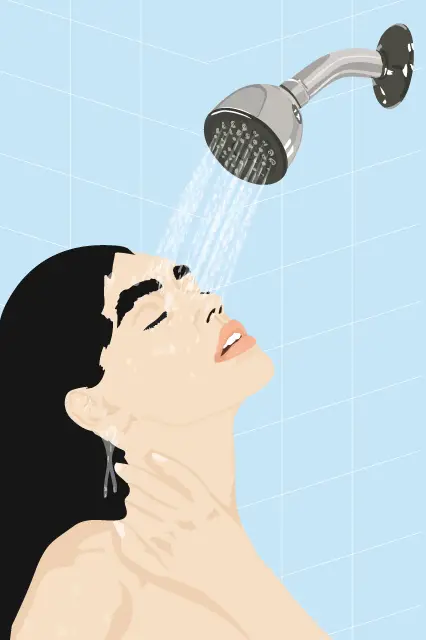
One of the main components of hygiene during menstruation is regular washing (ofc it is a must in every personal hygiene not only during period)
I know some of us prefer to lounging all day especially during the first 1-2 days of period. But during menstruation, better to compel yourself from taking a bath and use a shower.
Bathe or shower at least once daily to keep your body clean and avoid foul odors. And to give you ease in the early days of period taking luke-warm shower would give your body so much better.
And of course, do not go over with hot water if you take a bath in the bathtub because it can cause irritative vaginitis.
It’s clear that you’ll also need to wash your hands after you’ve changed your menstrual sanitary pads or tampons, but don’t forget to wash them beforehand. Think about everything you touch on the way to the bathroom!
Common Hygienic Practices During Menstruation
To avoid possible infections and have healthy sexual health, we offer you some tips of menstrual hygiene ladies should acknowledge:
Wash the genital region
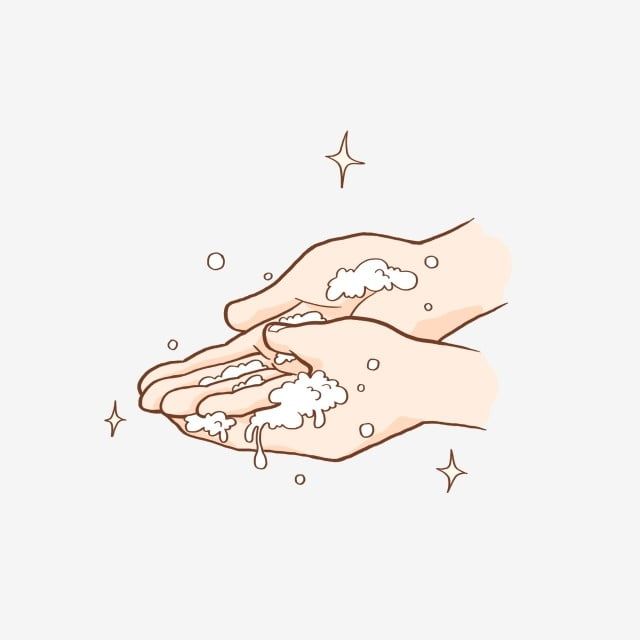
Another menstrual hygiene habit is to regularly wash or clean the pubic area minimum of twice a day using just water or with products specially formulated for the intimate area with lactic acid in their composition and fragrance.
It is highly recommended to avoid the use of scented soaps and do obsessive hygiene, as this could irritate the genital area.
Always wash externally, never clean your vagina, and even less with douches because you can alter your vaginal flora and pH, increasing the risk of infections and vaginitis.
When you finish, dry well so that there is no excess moisture. It helps to block the proliferation of fungi and bacteria.
Clean underwear and wear loose clothing
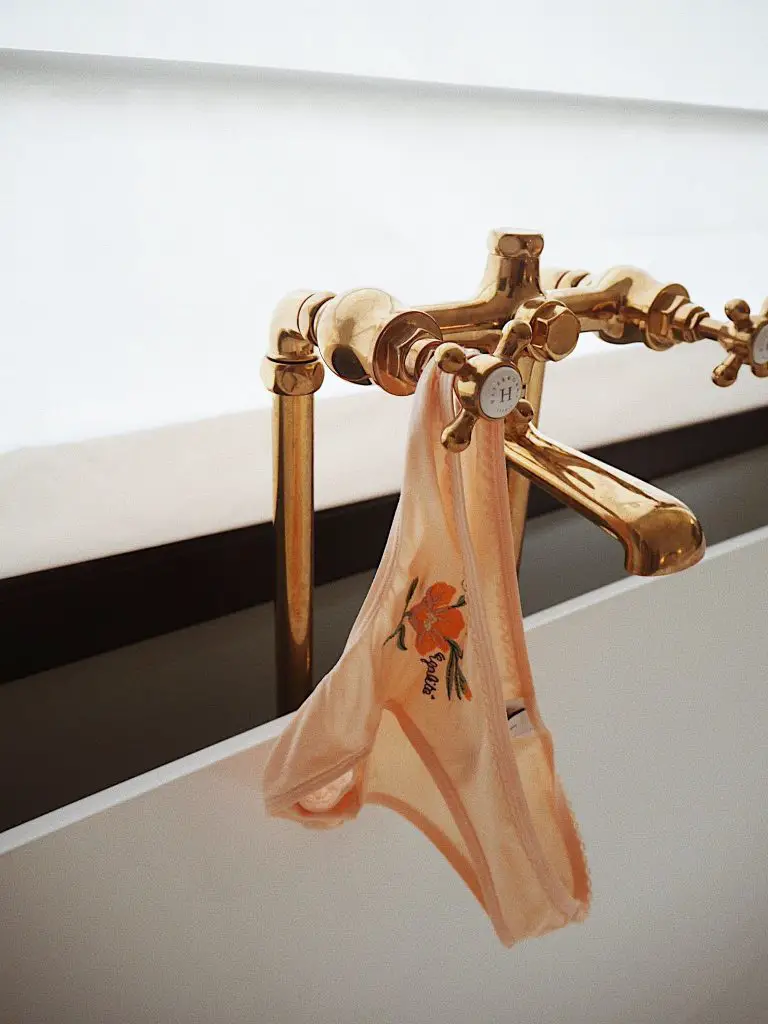
If you’ve done cleaning and washing the next essential menstrual hygiene practice is to change the underwear. For the same reasons, it becomes even more important to wear only clean underwear and change it regularly.
During menstruation, it is better to wear cotton underwear because it allows air to pass through, which means that it prevents the reproduction of bacteria. menstrual hygiene
In addition, you should also changing your underwear, once or twice a day. This, always in order to make the environment unfavorable to the excessive multiplication of bacteria that are naturally found in your private part.
Also, try not to wear tight-fitting underwear and clothes during menstruation because tight-fitting clothes contribute to increased body temperature and sweating, as it favors heat and humidity. An environment that benefits bacteria
Do not wear pants that squeeze your vulva and non-breathable synthetic fabrics. This one is one of the most-neglected period hygiene practices.
And if you bathe in the sea, pool, river… do not spend too much time with your bikini or swimsuit wet, because you can get an infection; In fact, in summer infections double for this reason, imagine! It is better to change, dry your vulva well and put on cotton underwear or period panties.
Regular change of hygiene products
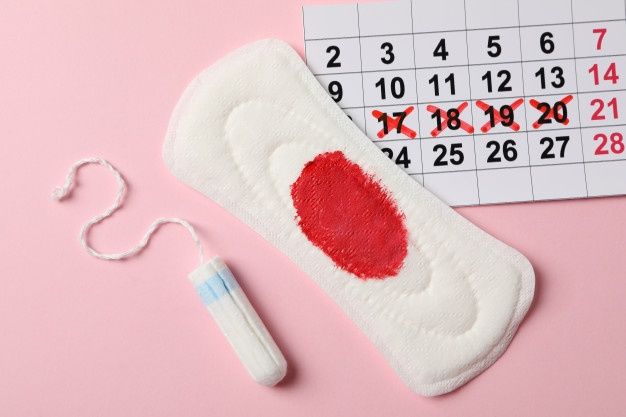
In addition, it is necessary to regularly change the sanitary pad or tampon (pad every 4 hours, tampon every 2 hours). menstrual hygiene
Regular change of hygiene products. As with underwear, regular renewal of your absorbent item is mandatory to reduce the risk of infection. Remember to wash your hands before changing your absorbent, but also after changing it.
Remember: pads and tampons need to be changed not only as necessary depending on the intensity of bleeding but even when they are not fully used since bacteria begin to multiply on them in a warm and humid environment actively.
You can also try mestrual panties to prevent leak from staining your sheet during the night especially. This one is a perfect help for ‘heavy flow’ girls.
Keeping the region properly sanitized and changing the absorbent regularly help preserve intimate health
Find out about the different existing products for menstrual hygiene
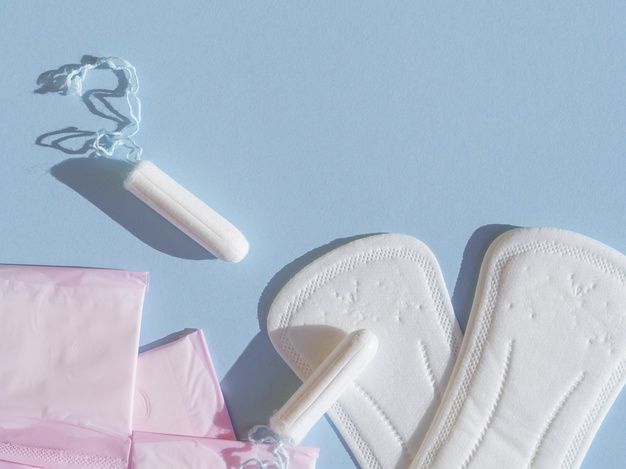
There are currently a wide variety of products on the market for menstruation. From the usual pads and tampons to the current menstrual cups that are so fashionable for their comfort and safety and for being more economical and respectful with the environment.
My recommendation for Menstrual Cup is here from Saalt Menstrual cup.
The menstrual cup is a very good alternative to traditional tampons and pads. In addition to being cheaper, it can last around 6 years, its use does not have the risks of toxic shock that can occur with tampons, or skin irritations that can cause prolonged exposure to wet pads.
There is also menstruation panties for more environmental friendly as the menstrual cupe.
Perform a good intimate toilet
If you do not realize your intimate toilet well, the risk of infections is very high. You must therefore do your toilet properly. For this, you only need water and wash only the vulva.
Therefore, you must absolutely avoid douching (inside the vagina), at the risk of unbalancing the natural flora there. This flora is indeed essential for your privacy.
It plays a protective role in the fight against all forms of aggression. Therefore, improper hygiene is tantamount to exposing yourself to diseases and infections. At the end of your toilet, dry well at the vulva to avoid moisture and maceration that could also lead to infections. Period hygiene
Visit a gynecologist once or twice a year

Once every semester or once a year, you should ideally consult your gynecologist to get screened and check if you are not prone to a possible infection. Remember that an infection may be present without manifesting itself through the usual symptoms. The best way to make sure you are healthy is to consult a specialist. In case of abnormality, you will be prescribed treatment (never self-medication). Period hygiene
